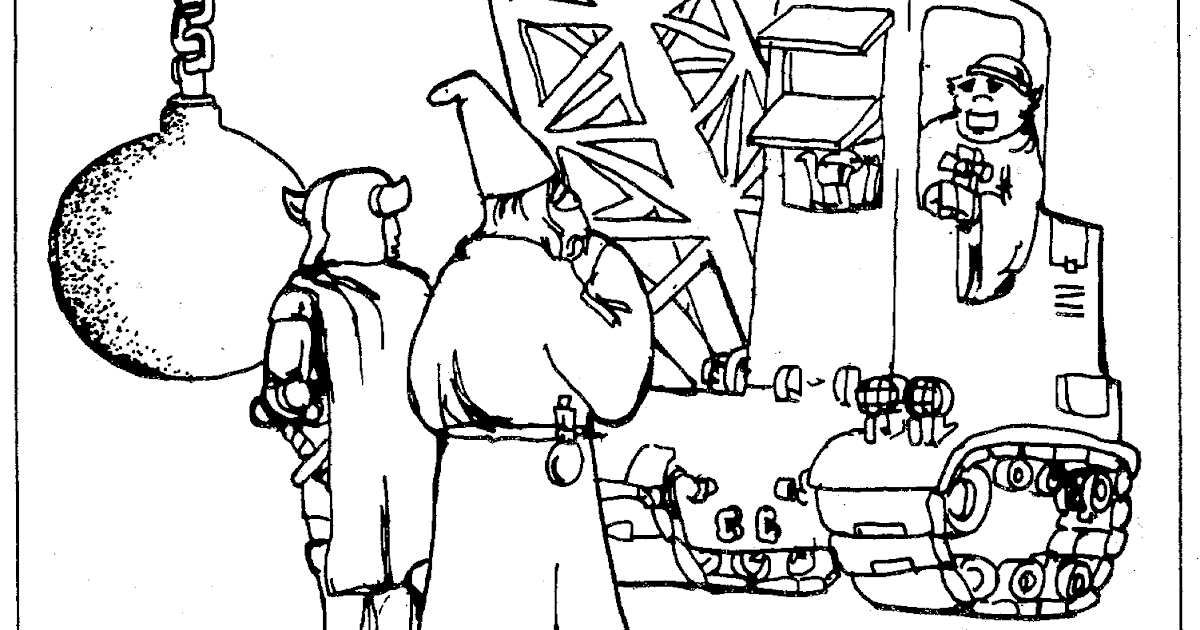Whenever I see the whole "player skill vs character skill" discussion I feel like both sides are missing the point of ability or skill adjudication rolls. The player states the approach he is taking to any problem. If the DM thinks the approach is guaranteed to succeed, then no roll is necessary and it succeeds. If the DM thinks the approach is guaranteed to fail, then no roll is necessary and it fails. The only time any kind of check is necessary is when the DM only thinks there is a chance of success, and then the change is determined by the existing mechanic and the DM's assessment of appropriate modifiers. That is the whole of it.
"I roll for persuasion/diplomacy" is not an approach. The approach depends on what the player says his character is trying to communicate. If under the circumstances what the character is saying would automatically be persuasive then the NPC is persuaded; if it would automatically not be persuasive then the NPC is not persuaded. Note "the circumstances", where results are not plain and obvious, can include factors such as the character's facility with communication, relative social classes, etc. If the DM thinks there is a chance of success but not guarantee, based on the approach and the circumstances, then you roll a persuasion/diplomacy check.
I would like to point out that using "social" skills this way is very similar to the old reaction rolls which (DMG p. 63) also are modified by charisma and also are rolled in response to a character that is speaking. However the 1e reaction roll tables don't have an express adjustment depending on what the PC's pitch is, whereas 4e, for example, expects you to apply situational modifiers depending on approach and to set a DC in accordance with how hard you expect it will be to persuade the NPC.
The author of that article is correct that the construction of a rule can change gameplay (a topic you know is near and dear to my heart). But the construction of a rule changes materially if you change the way it is applied. The fundamental problem with game systems that include skill systems isn't that the systems exist, it is that they rarely explain how to use them properly. Everyone knows how to run a basic dungeon because there are examples of play in, for instance, the 1e DMG and the B/X Basic Rulebook. People are a lot sketchier when it comes to hexcrawls and city crawls because there were no examples in the old rulebooks. Imagine if 1e had included a skill system, and if it was properly presented on p. 96 of the DMG, complete with discussions surrounding approach? Such an example would have changed the way generations looked at skill adjudication.


